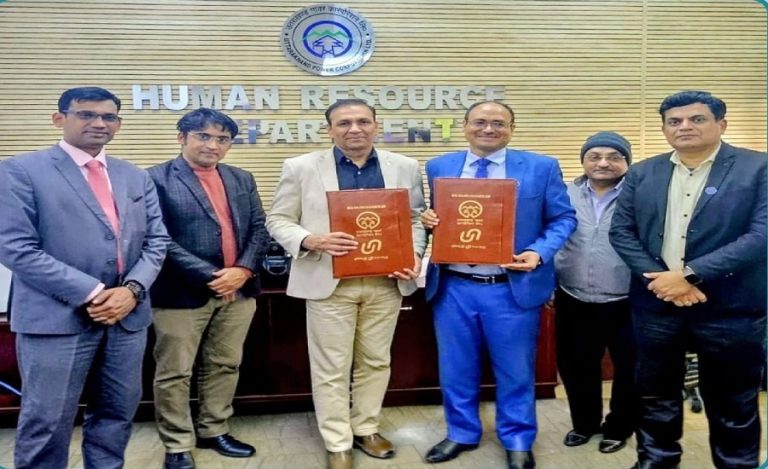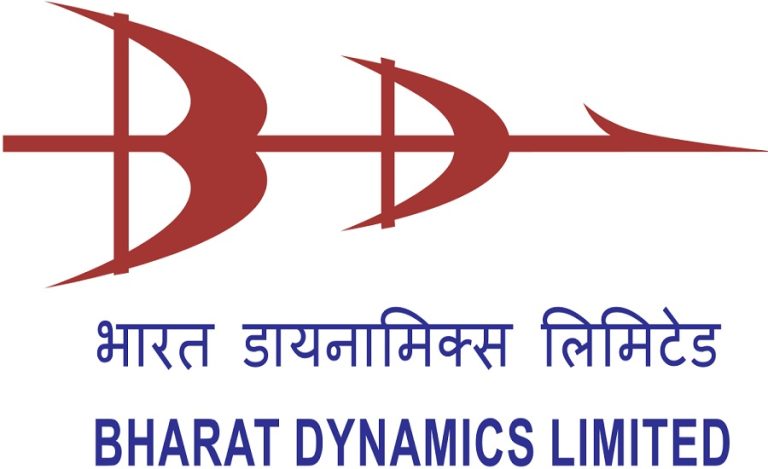New Delhi: In a landmark decision, the Delhi High Court has directed the Madhya Pradesh government to release all pending retirement dues along with interest to the family of the late Indian Administrative Services (IAS) officer Vinay Shukla. The court expressed deep concern over the distressing circumstances surrounding the case, highlighting a disturbing pattern of victimisation faced by the officer, both during his service and even after his demise.
Background of the Case
Mr Shukla, a 1974 batch IAS officer, was caught in a prolonged administrative and legal dispute following the bifurcation of Madhya Pradesh, which led to his incorrect allocation to the Chhattisgarh cadre. Shukla contested this allocation and sought reallocation to the Madhya Pradesh cadre. In 2007, the Government of India reassigned him to Madhya Pradesh, but despite reporting for duty, Shukla was not given any official assignments.
Legal Proceedings and Judgments
Shukla filed a case with the Central Administrative Tribunal (CAT) Jabalpur, which ruled in his favor in 2008. Madhya Pradesh challenged this ruling in the state High Court, which dismissed their petition in 2009. An appeal to the Supreme Court was also dismissed. Following these rulings, Shukla rejoined service in April 2009 and retired in July 2010.
Controversy Over Recovery Notice
In April 2016, Madhya Pradesh issued a recovery order demanding Rs 1.22 crore from Shukla, alleging unauthorized occupancy of government accommodation over several years. Shukla challenged this notice before CAT, which quashed the recovery order and directed the state government to release his pending retirement dues with applicable interest. The tribunal also barred the state from linking payment of dues with the disputed recovery.
Delhi High Court’s Strong Observations
The Division Bench of Justice Navin Chawla and Justice Renu Bhatnagar termed the entire matter a “sad and shocking state of affairs.” The bench criticized the state government’s continued victimisation of an officer even after his retirement and subsequent death, emphasizing the need for the government to act in a just and timely manner.
Way Forward
The Delhi High Court’s order mandates the Madhya Pradesh government to promptly release all pending retirement dues to the late officer’s family. The ruling marks a significant victory for justice and sets a precedent against undue bureaucratic harassment.




























